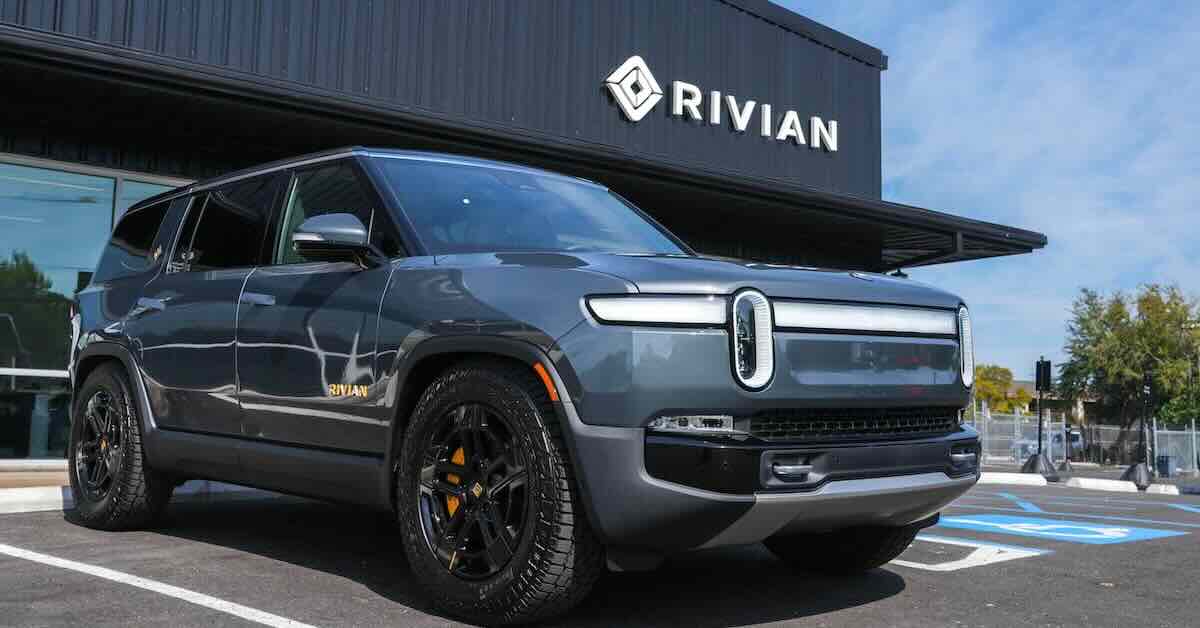Rivian layoffs will impact 10% of salaried jobs, the EV (electric vehicle) automaker disclosed today. This is Rivian's third round of layoffs since July 2022, according to TechCrunch. In addition, the EV company cut some jobs involving battery technology in December 2023.
The big-picture items to keep in mind:
- Rivian is striving to achieve a "modest gross profit" by Q4 of 2024.
- EV deliveries rose 147% in Q4 of 2023 compared to Q4 of 2022.
- Total revenue for the fourth quarter of 2023 was $1.3 billion. We're striving to track down revenue figures for Q4 of 2022.
- Net loss was $1.5 billion for Q4 of 2023, compared to a net loss of $1.7 billion in Q4 of 2022.
In a prepared statement about the earnings and job cuts, Rivian CEO RJ Scaringe said: “We made great progress in 2023 despite economic headwinds, and we’re excited about the year ahead. We firmly believe in the full electrification of the automotive industry, but recognize in the short-term, the challenging macro-economic conditions. We are aggressively focused on driving cost efficiency throughout the business, achieving positive margins and building our go-to-market function to support our long-term growth. We are excited about the reveal of our next generation vehicle, R2, on March 7 [of 2024].”
The Rivian layoffs announcement surfaced roughly one month after Tesla disclosed a weak financial forecast in January 2024.
Related: See all sustainability industry layoffs listed here.
Electric Vehicle (EV) Market Challenges: Recent Layoffs and Job Cuts
Multiple EV market sectors have suffered layoffs amid slowing sales growth across the industry. The recent job cuts include:
Electric Vehicle (EV) Market Challenges: Slowing U.S. Growth
After a strong start in early 2023, the overall electric vehicle (EV) market has faced growing headwinds in recent months. Sales of EVs are still growing -- but not as quickly as previously forecast. Among the data points to note: In early 2023, the average EV sold after 36 days on a dealer's lot. That figured more than doubled to 80 days in September 2023, according to a Cloud Theory EV report.
Meanwhile, EV charging network buildouts have faced reliability and competitive challenges. Amid that backdrop, numerous EV car companies are embracing Tesla's North America Charging Standard (NACS) while also building EV charging alliances without Telsa.
Moreover, bankruptcies in the electric vehicle market are piling up. Examples include WM Motors of China, as well as Lordstown Motors and Proterra.




